Age-Related Hearing Loss
Age Related Hearing Loss
The Impact of Hearing Loss
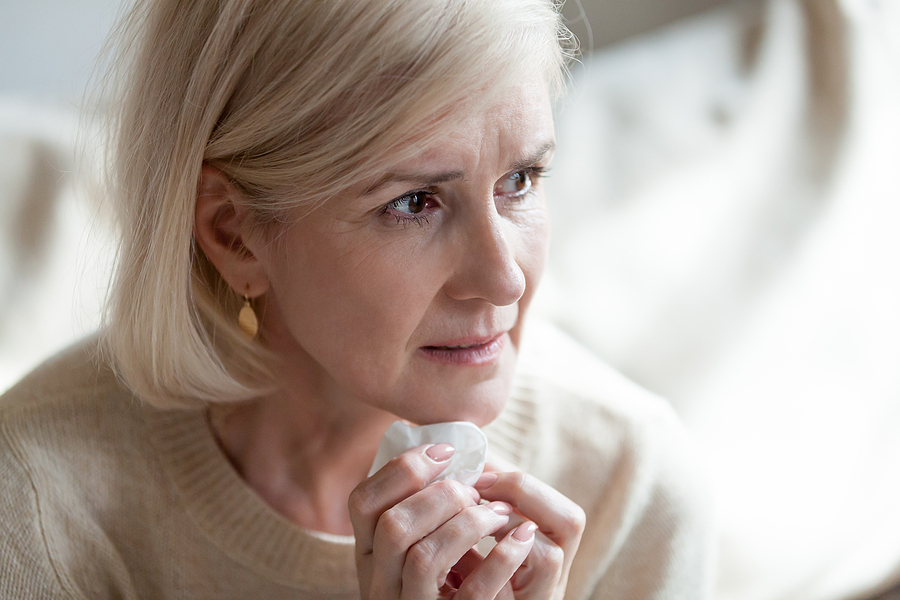
What is Age-related Hearing Loss (ARHL)?

The Effects of ARHL
Recognizing the Signs of Hearing Loss
If you’re experiencing hearing loss, you may notice that sounds seem muffled or harder to understand. Common symptoms include:
- Difficulty hearing high-pitched sounds, such as "s" or "th."
- Struggling to understand speech in noisy environments.
- A clearer understanding of male voices compared to higher-pitched female voices.
- Increased sensitivity to certain sounds.
- A ringing or buzzing in the ears (tinnitus).
Differences Between Men and Women
What Causes Age-Related Hearing Loss?
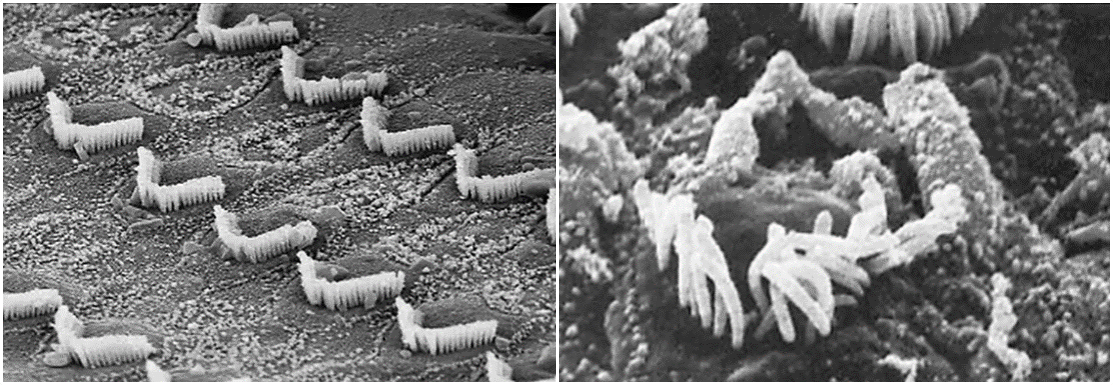
The Consequences of Untreated Hearing Loss
If left untreated, hearing loss can lead to cognitive decline and emotional disorders such as dementia, self-imposed isolation, and depression. A recent study by Dr. Frank Lin, MD, PhD, at Johns Hopkins School of Medicine found a strong link between untreated hearing loss and the development of dementia.
As hearing deteriorates, the brain must work harder to process sound, which can strain cognitive abilities and contribute to memory loss. Also, hearing loss can lead to social isolation, depression, and a decrease in overall quality of life.
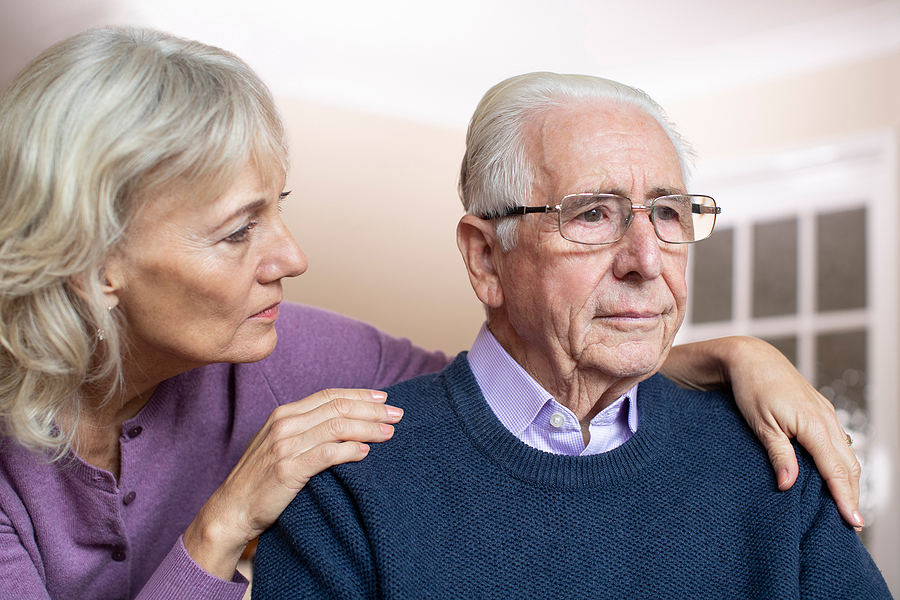
Why We Need to Pay Attention
While it might seem like a minor inconvenience, untreated hearing loss is much more than that. It can affect physical, emotional, and mental health, leading to difficulties in daily life and strained relationships.
Given the aging population and the increasing rates of hearing loss, it’s clear that this is a critical issue for public health. Addressing hearing loss early can help prevent long-term health problems and improve the quality of life for older adults.
The consequences of untreated hearing loss are covered in depth, here.
We Listen - We Hear You - We Care!
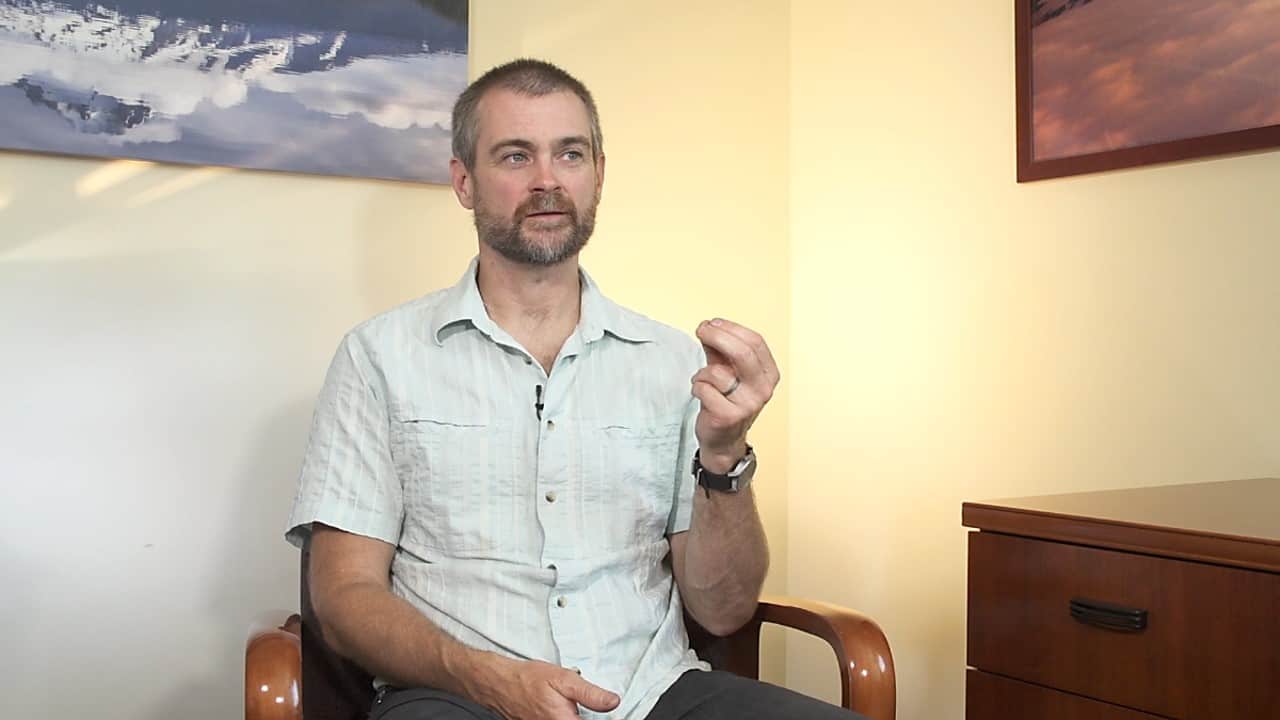
Q: When did you discover that you had a hearing loss?
A: I was first tested when I was a freshman in high school. That’s when I was diagnosed with a significant hearing loss, due primarily to shooting sports.
Charles Bartlemay
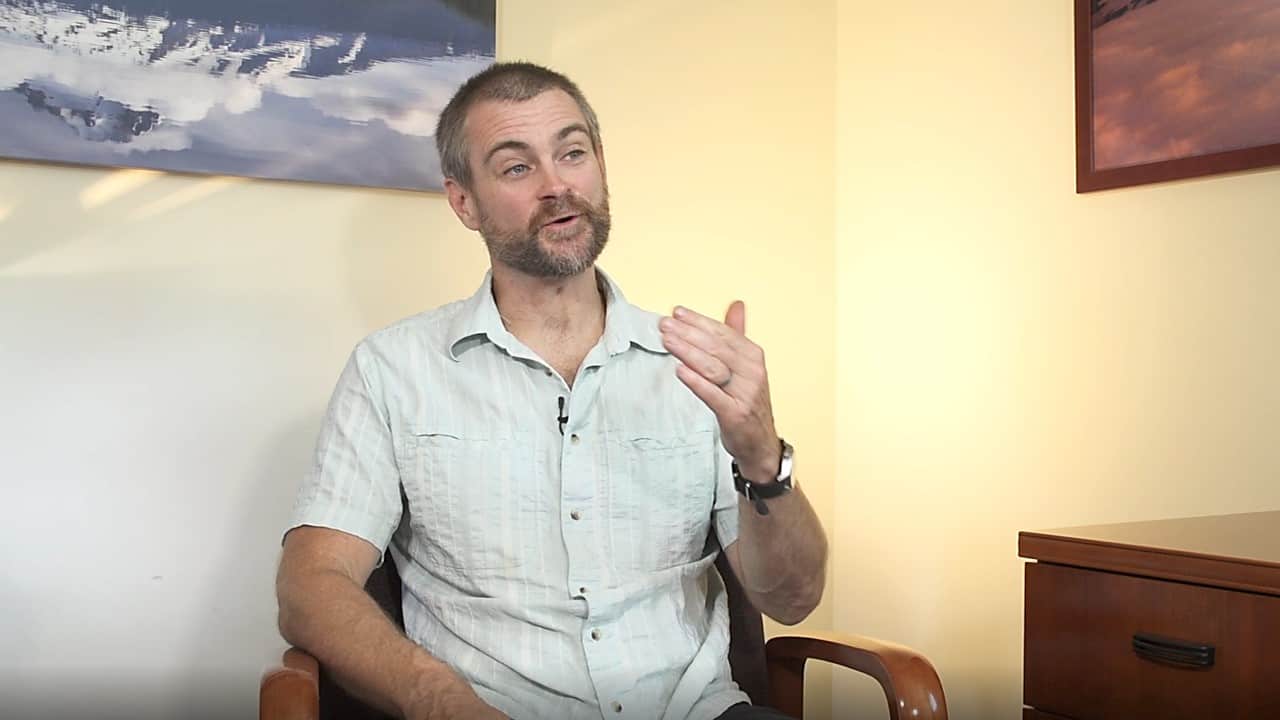
Q: What would you tell others who suspect they have a hearing problem?
A: Don’t wait! My advice? Go in, get your hearing checked and get some help because it will change your life. Of course, It’s also important to protect your hearing!
Charles Bartlemay
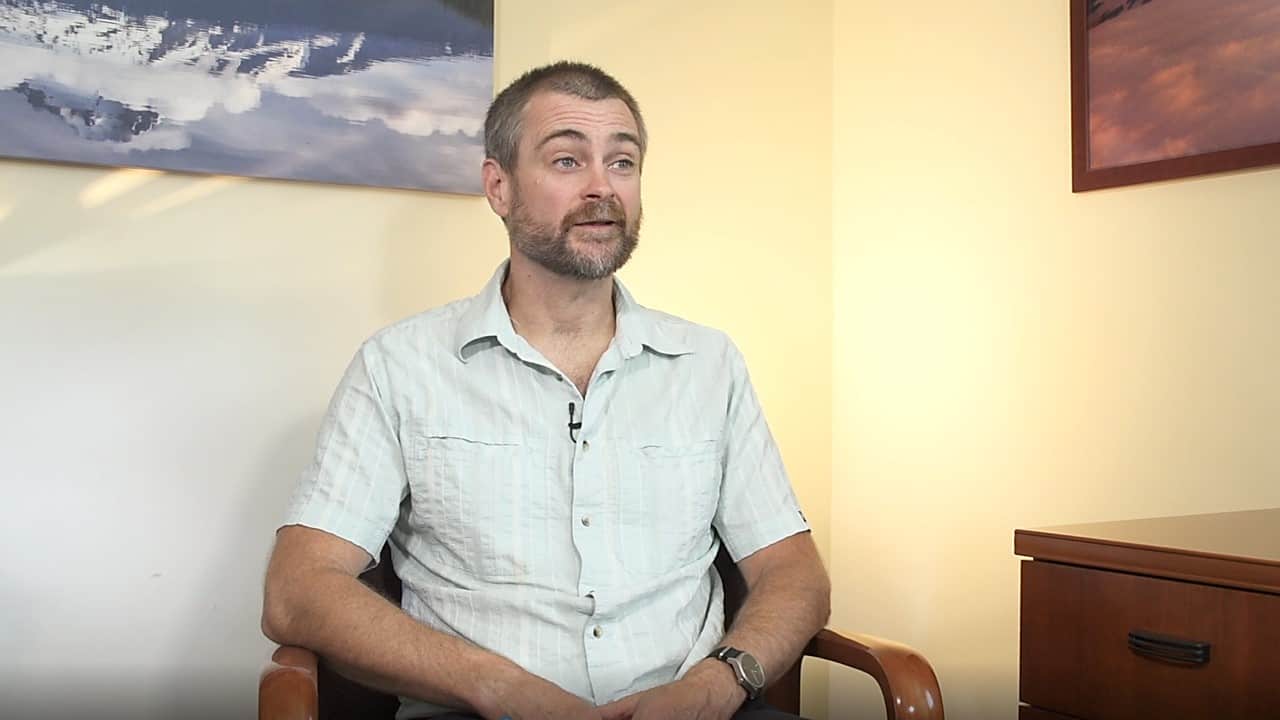
Q: Why did you choose Pacific Northwest Audiology as your provider?
A: My friend Julie told me that Pacific Northwest Audiology was the best place to go. Actually, I think her words were this was the ONLY place to go!
Charles Bartlemay
